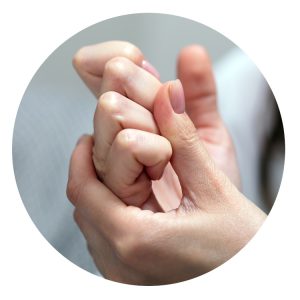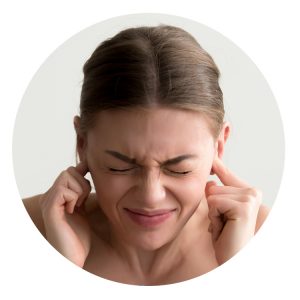
03 Feb Does cracking your knuckles cause arthritis?
Fact or fiction: Is cracking your knuckles bad for you and does it cause arthritis?
Knuckle cracking is a behaviour that involves manipulation of the finger joints that results in an audible crack, and it is often done habitually. If you’re not a ‘knuckle cracker’, you’re probably irritated by those around you who do.

Why do we crack our joints?
Studies show that as many as 54 percent of people crack their knuckles. Whatever the reason that people give for doing it, it’s clear it is a habit that’s difficult to break once you start. Habitual knuckle crackers ‘hooked on that feeling’ will unconsciously crack their knuckles more than five times a day.
Sound: For those who crack their knuckles on a daily basis, the sound of the popping joint is extremely satisfying. Not so much for non-joint poppers!
The way it feels: Many knuckle crackers say they get a sense of release, or feel less stiff afterwards. They do it because it feels good, just like a big stretch!
Nervousness and stress: Some people start cracking their knuckles as a diversion when they are nervous or stressed, similar to wringing your hands, biting your nails or twirling your hair.
What causes the ‘pop’?
When people crack their knuckles they separate the joint surfaces and the pressure within the joint decreases. At a certain point the surfaces suddenly separate and a bubble forms by a process known as cavitation. It is believed the collapsing bubble is what causes the audible crack or pop. What isn’t fully understood is why the pop is so loud!
Thankfully (for the non-knuckle crackers) it isn’t possible to crack the same joint over and over again. It takes the gases about 20 minutes to fully dissolve back into the fluid before the knuckle can be ‘cracked’ again.
Side effects of cracking your knuckles. Does it cause arthritis?
Cracking your knuckles is probably harmless. Based on current research, there doesn’t appear to be any significant adverse effects from cracking your knuckles or clear evidence that the practice leads to decreased hand function or conditions like arthritis.
There’s an often cited story of Donald Unger, an American doctor who famously cracked the knuckles on only one hand for over 50 years. He checked x-rays on himself after decades of this behaviour and found no arthritis or other ailments formed in either hand. Various studies since then have come to the same conclusion.

Tips to stop cracking your knuckles
Although cracking your knuckles doesn’t cause harm, it can be a little distracting to people around you. If it has become a habit you’d like to break, consider why you do it and if there are any underlying issues.
- To lessen the urge try stretching every few hours – clench your hands into a light fist then open wide apart, then repeat.
- Find another way to relieve stress – meditation, deep breathing or exercise.
- Become aware of each time you crack your knuckles and consciously try to stop yourself – aka willpower.
- Find something else to do with your hands – eg. stress ball
Cracking your knuckles shouldn’t cause injury. If you find that you have painful hands, swelling or a noticeable change in the shape of the joint, these are signs that you should seek the advice of a health professional.
Listen to our very own Karen Fitt, owner and general director at Melbourne Hand Rehab, discuss this divisive topic in a radio interview with SA’s Alan Hickey on FIVEaa.
If you are experiencing hand, thumb or wrist pain, don’t hesitate to get in touch. We’d love to help you.
BOOK AN APPOINTMENT
For more information, call us directly on 03 9458 5166
Find out about our FREE Webinars on Rheumatoid Arthritis and Osteoarthritis


